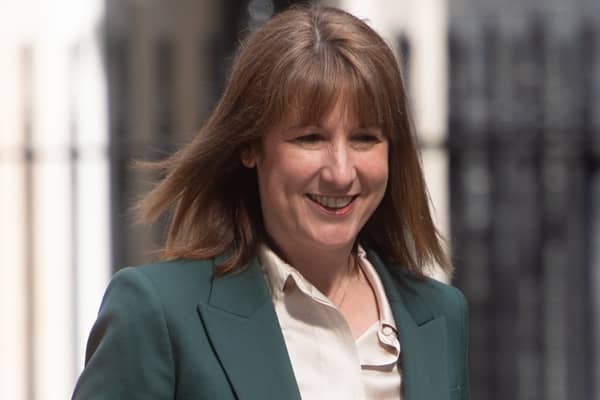The economy contracted by 0.1% in May, following a 0.3% contraction in April.
This is a far cry from the strong growth in the first quarter of the year when a surge in exports and a robust performance in the services sector placed the UK among the G7’s top performers.
Growth over the first half of the year is now expected to be modest. Despite a more positive outlook for the remainder of the year, this presents a challenge to the Chancellor — her fiscal headroom remains limited by high levels of public borrowing and debt and her spending plans are heavily reliant on kickstarting the economy.
Just as last year, we now wait tentatively for the Autumn Budget to find out how the Chancellor aims to solve her fiscal problems.
Something must change — she must either cut spending, increase borrowing, or raise taxes.
We expect a squeeze on unprotected government budgets to cut spending, but the recent rebellion in the Labour Party against the welfare reform bill shows that major spending cuts may be too politically dangerous for the Government.
The OBR’s July report highlighted the intense burden that the triple lock on the state pension places on the UK economy — demographic and economic shifts have made this policy difficult to uphold, but any attempt to undo it would move the Government into treacherous waters.
The Chancellor has repeatedly reaffirmed her fiscal rules, preventing her from borrowing more to finance day-to-day spending. This makes increased borrowing (unless for investment spending) unlikely.
That leaves taxes. We are now likely to see tax rises in the Autumn Budget; the question remains of which taxes? The freeze on income tax thresholds will be extended, effectively raising taxes by not aligning tax brackets with inflation. A tax on wealth has been posited as a potential solution to the economic malaise, but this will only accelerate the exodus of high earners from the UK and will not increase overall tax revenues. Whatever the Chancellor decides, an increasing tax burden is unlikely to encourage economic growth.
More positively, the Chancellor has always claimed that her fiscal strategy prioritises long-term, sustainable economic growth. We won’t see this by the time she announces her second Budget, but there is hope that she has planted the seeds of recovery through increased public investment and robust fiscal rules, and they may come to fruition as we move into 2026.








